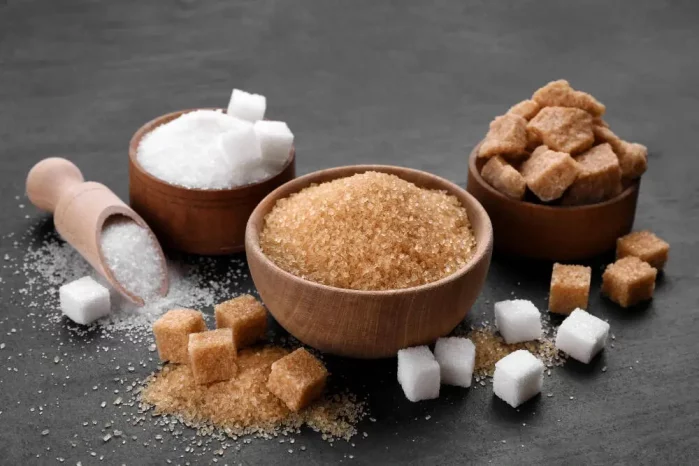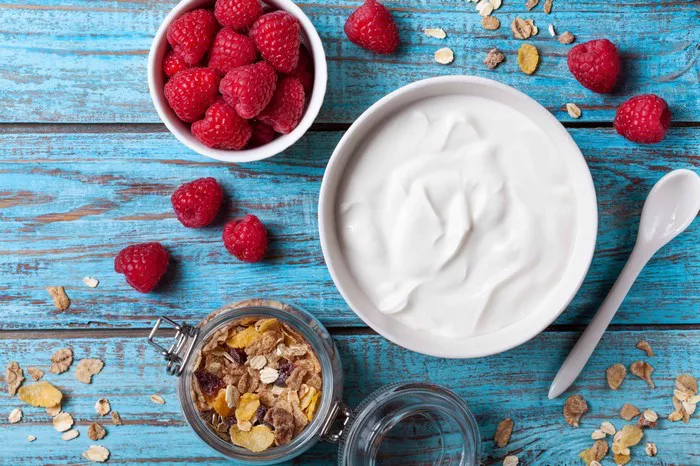Hyperglycemia, a condition characterized by high blood sugar levels, is a significant concern for individuals with diabetes and those at risk of developing the condition. Diet plays a crucial role in managing blood sugar levels, leading to questions about the relationship between sugar consumption and hyperglycemia. In this article, we delve into the science behind sugar intake and its impact on blood glucose levels, exploring the mechanisms through which excessive sugar consumption can contribute to hyperglycemia.
Understanding Hyperglycemia:
Before delving into the relationship between sugar intake and hyperglycemia, it’s essential to understand the mechanisms behind hyperglycemia. In individuals without diabetes, the body tightly regulates blood sugar levels through the action of insulin, a hormone produced by the pancreas. Insulin facilitates the uptake of glucose from the bloodstream into cells, where it is used for energy production or stored for future use.
In diabetes, either the body does not produce enough insulin (Type 1 diabetes) or the cells become resistant to insulin’s action (Type 2 diabetes). As a result, glucose accumulates in the bloodstream, leading to elevated blood sugar levels, a condition known as hyperglycemia. This chronic elevation of blood glucose can lead to various complications, including damage to the eyes, kidneys, nerves, and blood vessels.
The Role of Sugar in Hyperglycemia:
Sugar, particularly in the form of glucose and fructose, is a primary source of energy for the body. It is commonly found in a variety of foods, including fruits, dairy products, and processed foods. When consumed, sugars are broken down into glucose and absorbed into the bloodstream, causing blood sugar levels to rise.
Excessive sugar intake, especially from sources such as sugary beverages, sweets, and processed foods, can overwhelm the body’s ability to regulate blood sugar levels effectively. This can lead to temporary spikes in blood glucose levels, particularly in individuals with diabetes or insulin resistance.
The Glycemic Index and Sugar Consumption:
The glycemic index (GI) is a measure of how quickly a carbohydrate-containing food raises blood sugar levels. Foods with a high GI are rapidly digested and absorbed, causing a sharp increase in blood glucose levels, while foods with a low GI are digested more slowly, leading to a gradual rise in blood sugar levels.
Many sugary foods, such as soda, candy, and pastries, have a high GI, meaning they can cause rapid spikes in blood sugar levels when consumed. Regular consumption of high-GI foods can contribute to insulin resistance and increase the risk of developing hyperglycemia and type 2 diabetes over time.
The Role of Insulin Resistance:
Insulin resistance is a key factor in the development of hyperglycemia and type 2 diabetes. It occurs when cells in the body become less responsive to the effects of insulin, leading to impaired glucose uptake. Excessive sugar consumption has been linked to insulin resistance, primarily due to the chronic elevation of blood glucose levels and the subsequent overproduction of insulin by the pancreas.
Over time, the constant demand for insulin can lead to beta-cell exhaustion, where the pancreas is no longer able to produce sufficient insulin to overcome insulin resistance, resulting in persistently elevated blood sugar levels.
Effects of High Sugar Intake on Metabolic Health:
In addition to contributing to hyperglycemia and insulin resistance, excessive sugar consumption can have detrimental effects on metabolic health. Research has linked high sugar intake to an increased risk of obesity, cardiovascular disease, fatty liver disease, and other metabolic disorders, all of which are associated with an elevated risk of developing hyperglycemia and type 2 diabetes.
Furthermore, sugar-sweetened beverages, in particular, have been singled out for their role in promoting weight gain and metabolic dysfunction. These beverages provide empty calories devoid of essential nutrients, leading to excessive calorie intake and a higher risk of obesity and related health issues.
Strategies for Reducing Sugar Intake:
Given the potential negative impact of excessive sugar consumption on blood sugar levels and overall health, reducing sugar intake is essential for preventing and managing hyperglycemia and diabetes. Here are some strategies to help individuals limit their sugar intake:
Read Food Labels: Be mindful of hidden sugars in processed foods and beverages by reading food labels and ingredient lists. Look for terms such as sucrose, glucose, fructose, corn syrup, and high-fructose corn syrup, which indicate the presence of added sugars.
Choose Whole Foods: Opt for whole, minimally processed foods such as fruits, vegetables, lean proteins, and whole grains, which are naturally low in added sugars and rich in essential nutrients.
Limit Sugary Beverages: Reduce consumption of sugar-sweetened beverages such as soda, fruit juices, energy drinks, and sweetened teas, which are major contributors to excessive sugar intake and empty calories.
Practice Moderation: Enjoy sugary treats occasionally and in moderation, rather than making them a regular part of your diet. Consider healthier alternatives or smaller portion sizes to satisfy cravings without overindulging in sugar.
Focus on Fiber: Choose foods high in fiber, such as fruits, vegetables, legumes, and whole grains, which can help slow the absorption of sugar into the bloodstream and promote better blood sugar control.
Conclusion:
While sugar consumption alone may not directly cause hyperglycemia, excessive intake of sugar, particularly from sources with a high glycemic index, can contribute to elevated blood sugar levels, insulin resistance, and metabolic dysfunction. Individuals with diabetes or at risk of developing the condition should be mindful of their sugar intake and focus on a balanced diet rich in whole foods to promote better blood sugar control and overall health. By making informed dietary choices and adopting healthier eating habits, individuals can reduce their risk of hyperglycemia and its associated complications.
Related topics:
Signs and Symptoms of Hyperglycemia
























